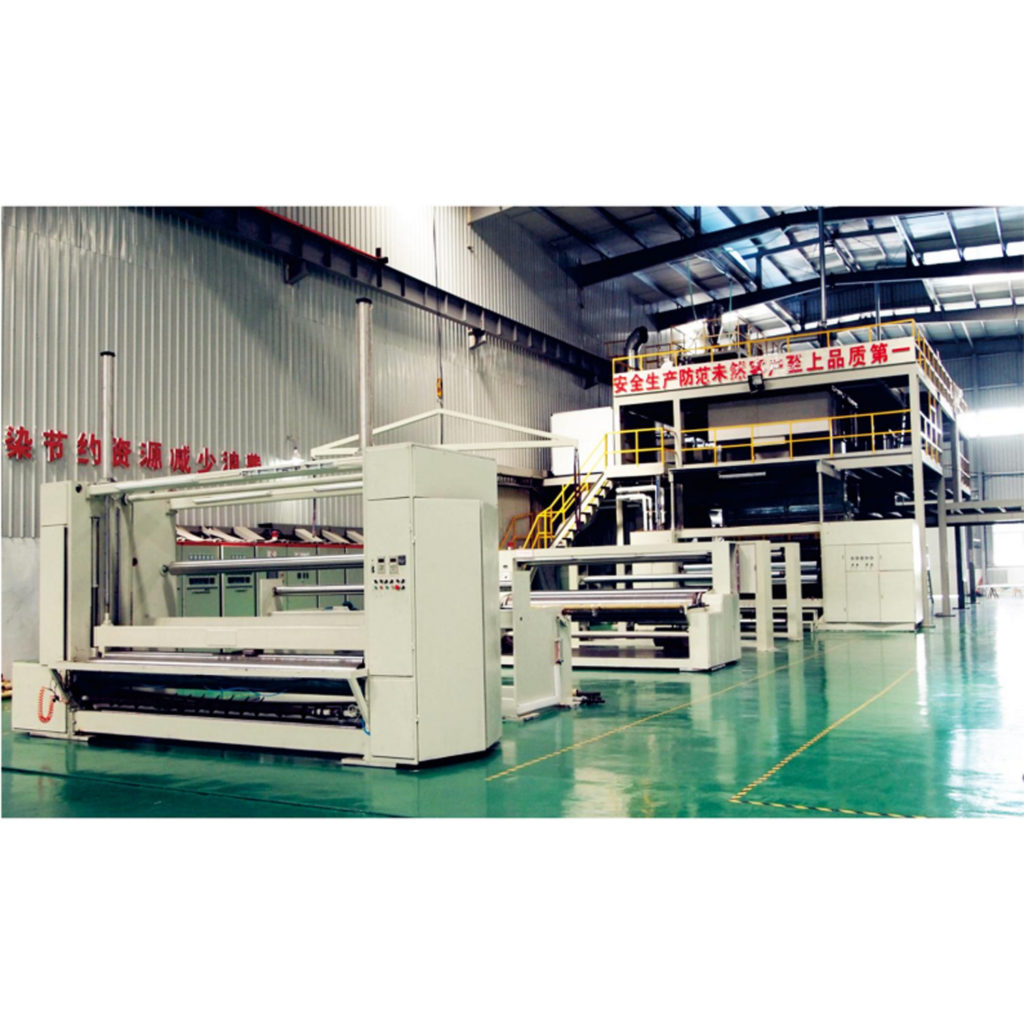In the landscape of fabric production, PÁGINAS (polipropileno) Spunbond machines have emerged as pioneering tools, revolutionizing the manufacturing process and contributing to the production of a wide range of non-woven fabrics. These advanced machines employ cutting-edge technology to create durable, versatile, and cost-effective materials used in various industries, making significant strides in fabric manufacturing.
Understanding PP Spunbond Machines

PP Spunbond machines are specialized units designed to produce non-woven fabrics from polypropylene resin. The process involves extruding, extensión, and bonding fine fibers to form a cohesive fabric structure without the need for weaving, knitting, or spinning.
Functions and Significance
1.Fabric Production:PP Spunbond machines utilize a continuous process to create non-woven fabrics with distinct properties, including durability, transpirabilidad, and resistance to moisture and chemicals.
2.Versatility:These machines can produce a broad spectrum of fabrics with varying characteristics, such as different weights, textures, and strength, suitable for diverse applications across industries.
3.Cost-Effectiveness:PP Spunbond technology offers an efficient manufacturing process, reducing production costs compared to traditional woven fabrics, making it an economically viable option for various applications.
4.Aplicaciones:The fabrics produced by PP Spunbond machine find extensive use in agriculture, healthcare, productos de higiene, embalaje, geotextiles, automotive components, y construcción, among other sectors.
Types of PP Spunbond Machines
1.Single Beam Machines:Employ a single extrusion process to create fabrics, suitable for manufacturing lighter-weight materials.
2.Double Beam Machines:Utilize two extrusion processes simultaneously, enabling the production of heavier-weight fabrics with enhanced strength and durability.
Advancements and Innovation
Continuous advancements in PP Spunbond technology have led to improvements in efficiency, output capacity, and the range of fabric properties achievable. Innovations in machine design, control systems, and raw material utilization continue to expand the possibilities for fabric manufacturers, meeting the evolving demands of various industries.
Sustainability and Environmental Impact
PP Spunbond machines contribute to sustainability efforts by enabling the production of recyclable, eco-friendly fabrics. Además, the energy-efficient nature of these machines and the ability to use recycled materials in fabric production align with the growing focus on sustainable manufacturing practices.
The advent of PP Spunbond machines has reshaped the fabric manufacturing landscape, offering an efficient, versatile, and cost-effective alternative to traditional woven fabrics. The ability to produce a wide array of non-woven materials suitable for diverse applications across industries underscores the significance and versatility of PP Spunbond technology. As innovations continue to propel this sector forward, these machines play a pivotal role in meeting the demand for high-performance fabrics while embracing sustainability and efficiency in the manufacturing process.
